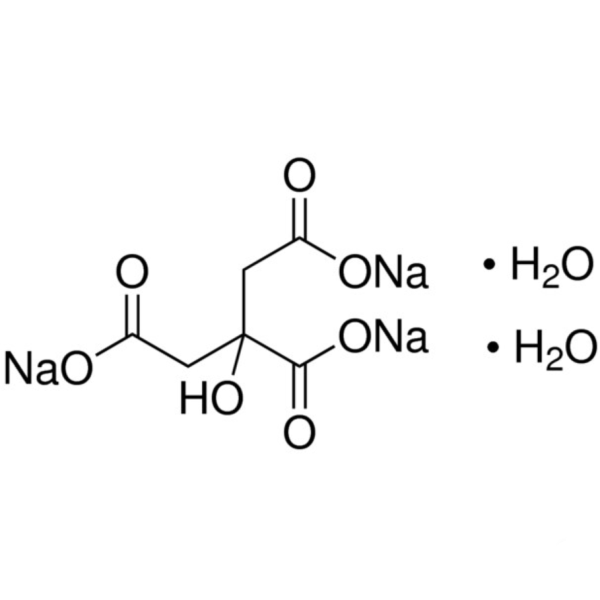Sodium Citrate Dihydrate CAS 6132-04-3 Purity >99.5% (Titration) Ultrapure For Molecular Biology Factory
Shanghai Ruifu Chemical Co., Ltd. is the leading manufacturer and supplier of Sodium Citrate Dihydrate (CAS: 6132-04-3) with high quality, commercial production. We can provide Certificate of Analysis (COA), Safety Data Sheet (SDS), worldwide delivery, small and bulk quantities available, strong after-sale service. Welcome to order. Please contact: alvin@ruifuchem.com
| Chemical Name | Sodium Citrate Dihydrate |
| Synonyms | Sodium Citrate Tribasic Dihydrate; Trisodium Citrate Dihydrate; tri-Sodium Citrate Dihydrate; Sodium Citrate Trisodium Salt Dihydrate; Citric Acid Trisodium Salt Dihydrate; Citric Acid-Na3-Salt-2H2O |
| CAS Number | 6132-04-3 |
| CAT Number | RF-PI1694 |
| Stock Status | In Stock, Production Scale Up to Tons |
| Molecular Formula | C6H5Na3O7.2H2O |
| Molecular Weight | 294.10 |
| Melting Point | >300℃ (lit.) |
| Density | 1.76 g/cm3 |
| Sensitivity | Moisture Sensitive |
| Solubility | Soluble in Water; Insoluble in Ethanol |
| Brand | Ruifu Chemical |
| Item | Specifications |
| Appearance | White Powder or Crystals |
| Purity / Analysis Method | >99.5% (Titration by HClO4, calculated on dried substance) |
| Water(by Karl Fischer) | 10.0~13.0% |
| Solubility (Turbidity) | Clear (10% aq. solution) |
| Solubility (Color) | Colorless (10% aq. solution) |
| Sodium (Na) | 22.0~24.0% |
| Insoluble Matter in H2O | <0.005% |
| pH | 7.5~9.0 (5% aq. solution at 25℃) |
| Ammonia (NH3) | <10ppm |
| Chloride (CI) | <0.002% |
| Sulphate (SO4) | <0.005% |
| Oxalate Salt | <0.03% |
| Iron (Fe) | <0.0005% |
| Heavy Metals (as Pb) | <0.0005% |
| Phosphate (PO4) | <0.001% |
| Nitrogen Compounds | <0.001% |
| Arsenic (as As) | <0.0001% |
| Barium (Ba) | <0.003% |
| Mercury (Hg) | <0.0001% |
| Lead (Pb) | <0.0001% |
| Cadmium (Cd) | <0.0001% |
| Tartrate (as C₄H₄O₆) | Passes Test |
| Residual Solvents | Excluded by Manufacturing Process (ICH Q3C) |
| Readily Carbonisable Substances | Passes Test |
| Acidity or Alkalinity | Passes Test |
| Pyrogens | Passes Test |
| Bacteria Endotoxins | Passes Test |
| DNAse, Exonuclease Detection | None Detected |
| Nickase | None Detected |
| RNase | None Detected |
| Protease | None Detected |
| X-Ray Diffraction | Conforms to Structure |
| Infrared Spectrum | Conforms to Structure |
| Proton NMR Spectrum | Conforms to Structure |
| Test Standard | Enterprise Standard; USP/BP/EP Standard |
| Usage | Biological Buffering Agent; Food Additives, etc. |
Package: Bottle, Aluminium foil bag, 25kg/Cardboard Drum, or according to customer's requirement
Storage Condition: Store in sealed containers at cool and dry place; Protect from light and moisture


Sodium Citrate Dihydrate (CAS: 6132-04-3), a conjugate base of a weak acid, can perform as a biological buffering agent because it resists changes in pH. Citric acid is one of a series of compounds responsible for the physiological oxidation of fats, carbohydrates and proteins to carbon dioxide and water. Sodium Citrate Dihydrate is often used to prepare sodium citrate buffer for antigen retrieval of tissue samples. The citrate solution is designed to break protein cross-links; thus, unmasking antigens and epitopes in formalin-fixed and paraffin embedded tissue sections, resulting in enhancing staining intensity of antibodies. Citrate has anticoagulant activity and as a calcium chelator, it forms complexes that disrupt the tendency of blood to clot. An anticoagulant also used as a biological buffer. Sodium Citrate Dihydrate is used as flavors, stabilizing agent, buffering agent, chelating agent, nutritional supplement of buttermilk, emulsifying agent and flavoring agent in food and beverage industry; Sodium Citrate Dihydrate has pH adjusting capability as well as having a good stability, and therefore can be used in the food industry. It has the greatest demand when being used as a food additive; As food additives, it is mainly used as flavoring agents, buffers, emulsifiers, bulking agents, stabilizers and preservatives. It can be used as anti-blood clotting,apophlegmatisant and diuretics in phamaceutical industry; it can replace sodium tripolyphosphate as a non-toxic detergent additives in detergent industry; it can also be used in brewing, injection, photography drugs and electroplating etc..
-
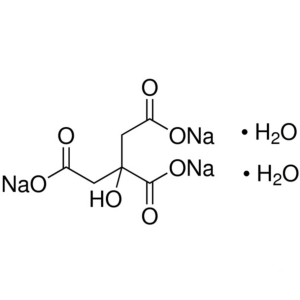
Sodium Citrate Dihydrate CAS 6132-04-3 Purity >...
-
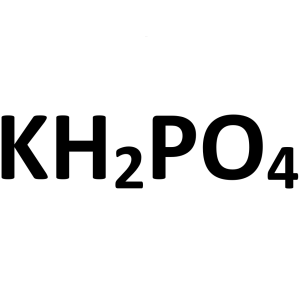
Potassium Phosphate Monobasic CAS 7778-77-0 Pur...
-
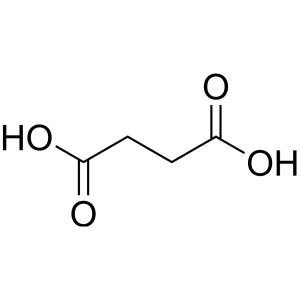
Succinic Acid CAS 110-15-6 Purity >99.5% (Titra...
-
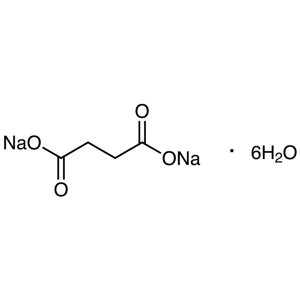
Disodium Succinate Hexahydrate CAS 6106-21-4 Pu...
-
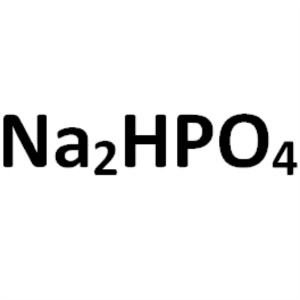
Sodium Phosphate Dibasic CAS 7558-79-4 Purity >...
-
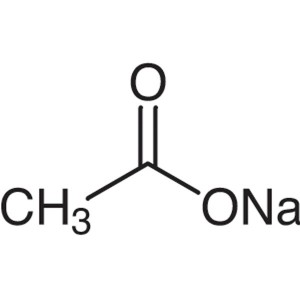
Sodium Acetate CAS 127-09-3 Purity >99.5% (Titr...
-
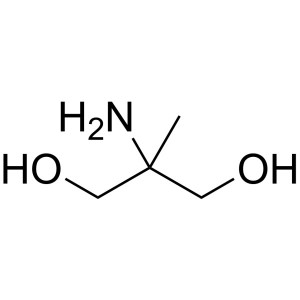
AMPD CAS 115-69-5 Purity >99.0% (Titration) Bio...
-
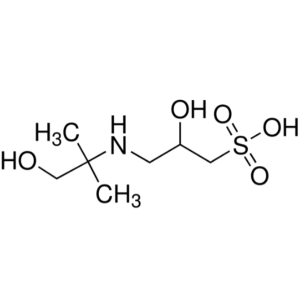
AMPSO CAS 68399-79-1 Purity >99.0% (Titration) ...
-
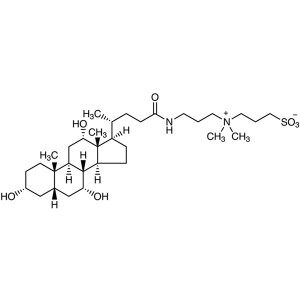
CHAPS CAS 75621-03-3 Purity >99.5% (Titration) ...
-
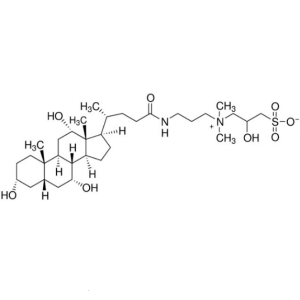
CHAPSO CAS 82473-24-3 Purity >99.0% (Titration)...
-
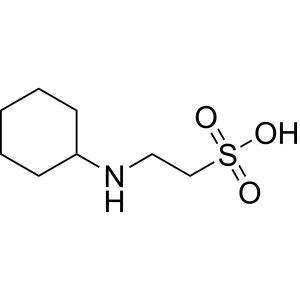
CHES CAS 103-47-9 Purity >99.5% (Titration) Bio...
-
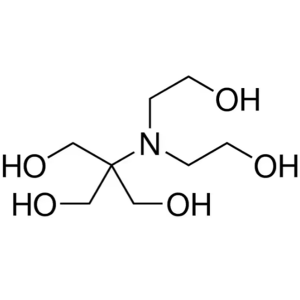
Bis-Tris CAS 6976-37-0 Purity >99.0% (Titration...
-
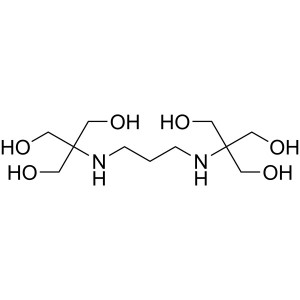
Bis-Tris Propane CAS 64431-96-5 Purity >99.0% (...
-
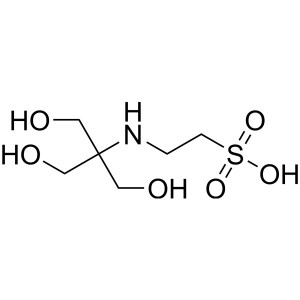
TES CAS 7365-44-8 Purity >99.5% (Titration) Bio...
-
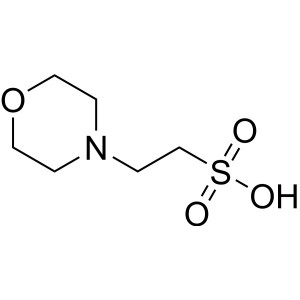
MES CAS 4432-31-9 Purity ≥99.50% (Titration) Bi...
-
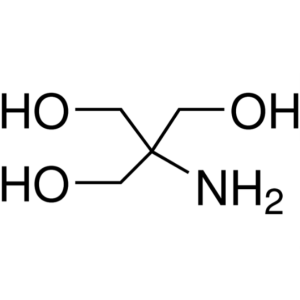
Tris Base CAS 77-86-1 Purity ≥99.50% (Titration...

